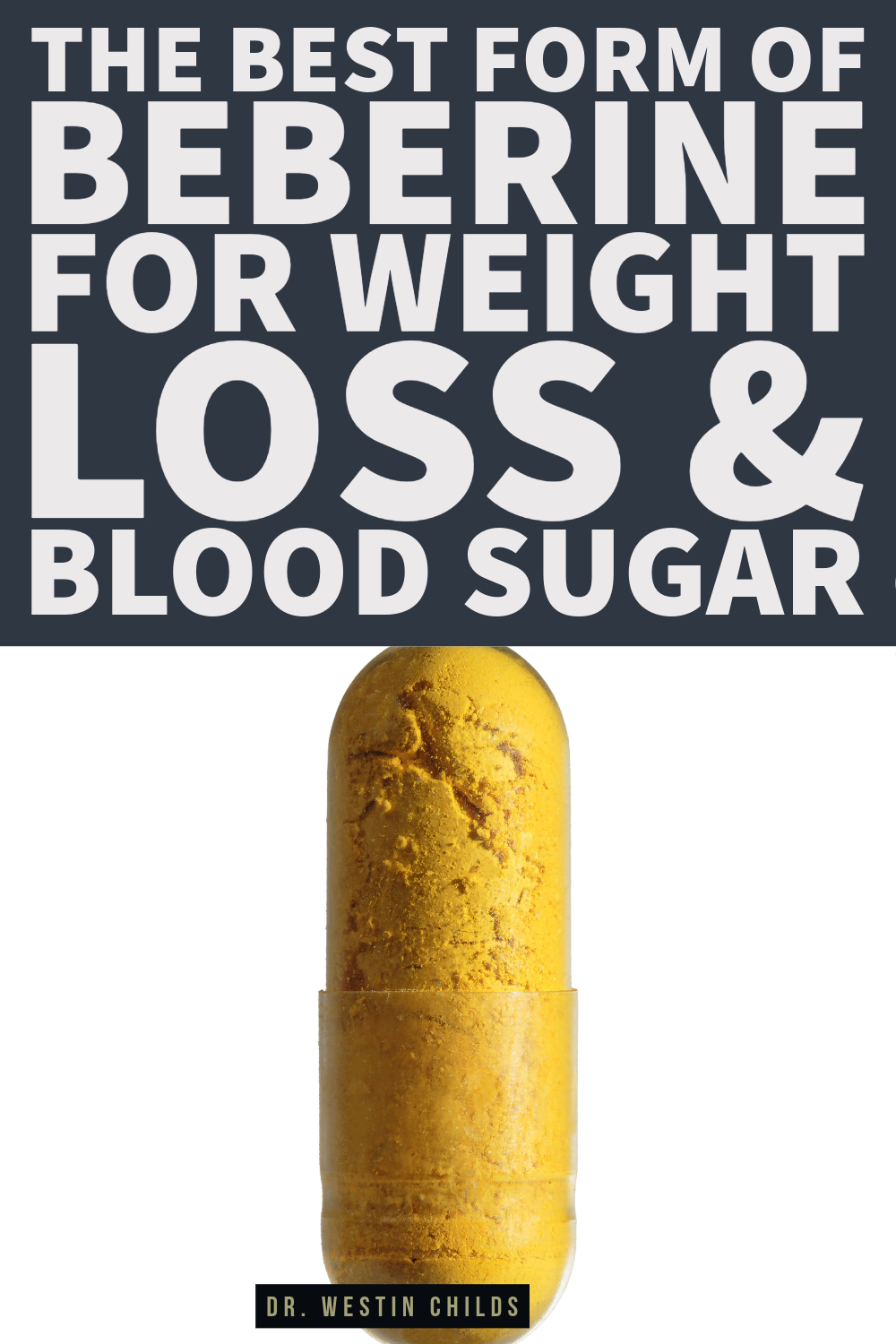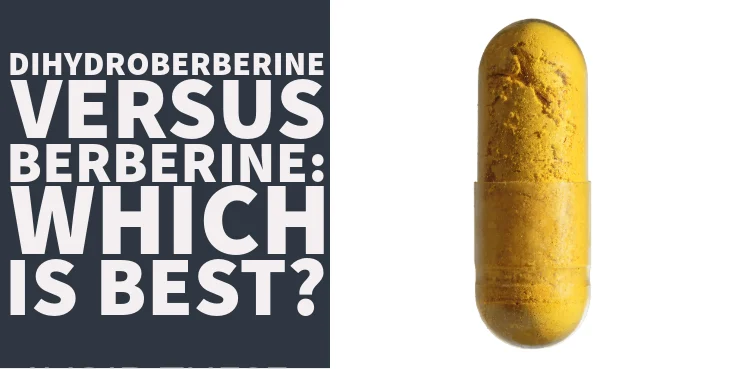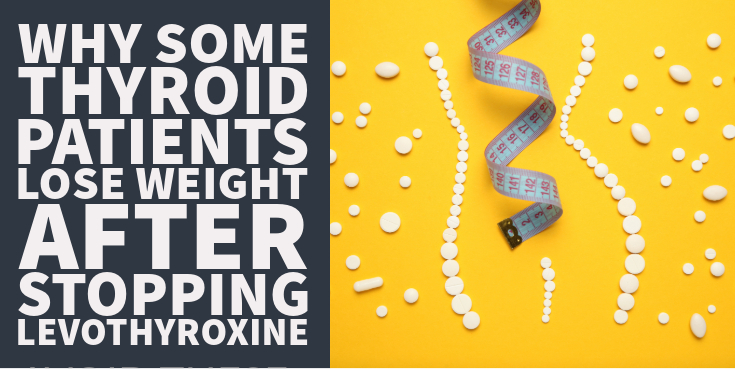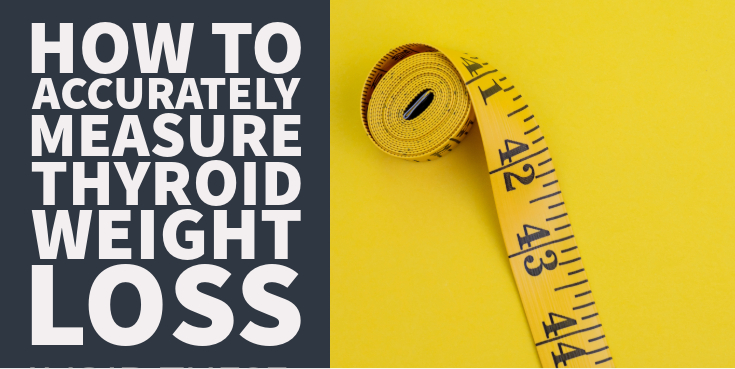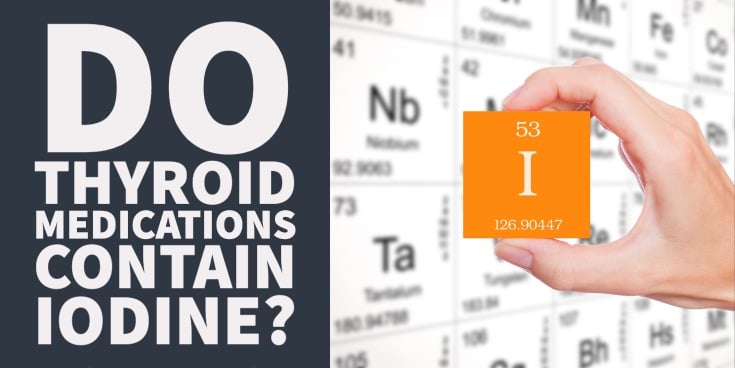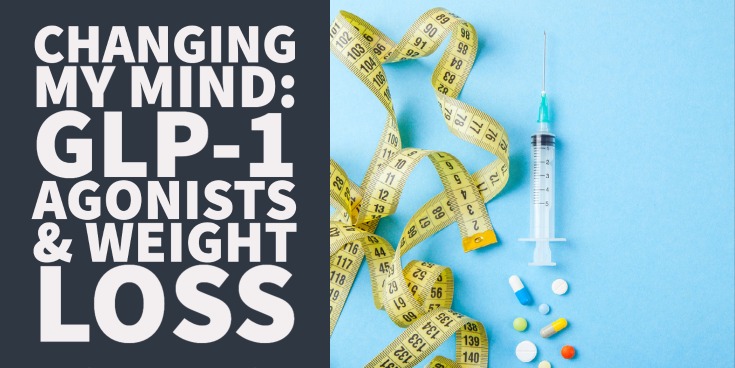Berberine is a powerful plant-based alkaloid compound that is gaining a lot of attention lately due to its beneficial effects on weight, blood sugar, insulin, longevity, and gut health.
And for good reason; it works.
It’s even been referred to as nature’s Ozempic, an homage to the fact that it has a powerful impact on blood sugar and weight.
Even though I don’t think it’s fair to compare berberine to Ozempic, this should serve to give you an idea of how powerful it can be for an over-the-counter supplement.
We will talk more about who should use berberine and its benefits later, for now, let’s talk about what you’re here for:
The Showdown: Berberine vs Dihydroberberine
While there have been several formulations of berberine available for a time, most suffer from the same big problem:
Poor absorption and poor bioavailability.
In other words, even though you are taking a relatively high dose, only a small fraction of the total dose makes it (<1% based on animal studies (1)) into your body where it can be used by your cells.
This problem can be overcome simply by multi-dosing with berberine and by taking higher and higher doses which is why most supplements recommend splitting berberine into two doses taken in the morning and night.
But this comes with another problem:
Side effects related to increasing doses.
The more of something you take, the more likely it is to cause problems.
So people who have a lot of weight to lose, or very high blood sugar, often run into side effects and diminishing returns as they continually increase their dose hoping to get better and better results.
This is why the creation of dihydroberberine is interesting.
As a newcomer in town, dihydroberberine attempts to solve the issue of dose-related side effects as well as poor bioavailability.
But does it work?
Here’s what we know based on one pilot study…
Researchers evaluated 5 healthy men (yes, only 5) after providing them with either 500 mg of berberine, 100 mg of dihydroberberine, 200 mg of dihydroberberine, or a placebo.
They found that those taking dihydroberberine saw similar changes in both glucose and insulin levels as the higher doses of berberine (2).
The implication is that dihydroberberine is significantly more powerful than berberine given that lower dosing provided the same benefit which is why you’ll often see dihydroberberine touted as being 5x more effective than berberine.

This isn’t a study that really attempted to assess whether or not berberine works, because we have a lot of data to suggest that it does, it was really an attempt to determine which form was best.
And if we are looking purely at the numbers, it does appear that dihydroberberine is the clear winner, at least in this study.
But is it convincing enough for you to run out and replace your berberine with dihydroberberine?
Potentially, but here are a few things to consider first:
Some Limitations Of The Study
#1. Small sample size
This pilot study was only done on 5 people.
With such a low number, it’s difficult to extract this data and broadly apply it to a large population of people.
More people provide more data and more data means we have more confidence in the results.
#2. Other metrics weren’t evaluated
This study assessed the impact that both berberine and dihydroberberine had on insulin and blood sugar but did not assess other important metrics like weight, cholesterol, and gut health.
So while we can tentatively say that dihydroberberine is more powerful than berberine at managing blood sugar and insulin, we can’t say the same about its impact on weight and cholesterol.
#3. The length of time
This study only evaluated the impact of dihydroberberine and berberine over the course of 4 meals spread throughout a little over 1 day (breakfast, lunch, dinner, and breakfast the following day).
I’ve been recommending berberine for a long time and have extensive experience in using it and I can tell you that many of its benefits take weeks to materialize.
It’s very likely that the benefits seen in blood sugar after the ingestion of meals do have a positive effect on long-term blood sugar control, but it’s not something we can definitely say with the data provided.
Having said all of this, I still think it’s worth using dihydroberberine over berberine.
Here’s why:
In the world of natural remedies, decent quality studies do not come out very often, especially not for obscure or new ingredients.
So while the data we have isn’t super strong, it still points in the right direction.
When you combine this with the fact that we have real-world evidence from people who have used both dihydroberberine as well as berberine, I think there’s sufficient data to suggest that it works and that it works well.
It was all of this that convinced me to reformulate my berberine hcl supplement to contain dihydroberberine and so far, my own personal data suggests that dihydroberberine is more powerful.
How much dihydroberberine should you take?
If you want to transition from taking berberine hcl to dihydroberberine, here’s what you need to know:
Given its roughly 5 times greater bioavailability over berberine hcl, the dosing needed to obtain a therapeutic benefit is lower than you might think.
Standard dosing for berberine hcl is usually 500 mg taken twice per day for a total of 1,000 mg per day but this dosing sometimes goes as high as 2,000 mg per day (1,000 mg taken twice daily) depending on the condition being treated and its severity.
Dihydroberberine is typically dosed at 200 mg which is roughly equivalent to a 1,000 mg dose of berberine hcl.
If you were to take dihydroberberine, you’d want to take a total dose of 400 to 500 mg split into two 200 mg or 250 mg doses.
Dihydroberberine FAQ:
How does dihydroberberine work?
Dihydroberberine is a downstream metabolite of berberine so it has the same cellular effects as berberine hcl.
As a plant alkaloid, it impacts several signaling pathways including AMP-activated protein kinase and nuclear factor KB (3) (there are many others but these are the most prominent).
And is the activation of these pathways that provides berberine its benefits on:
- Inflammation & the immune system (4)
- Oxidation
- Weight management (5)
- Insulin (6)
- Blood sugar
- Cholesterol (7)
- Cancer
- And the cardiovascular system
Its chemical shape (c ring with quaternary ammonium structure) is what provides its anti-bacterial and pro-gut health benefits.
Does dihydroberberine cause symptoms?
In general, both forms of berberine are very well tolerated but there are some people who may experience gut problems when taking high doses.
One study suggested that this rate may be as high as 34% of people taking berberine (8), but that conflicts with my own experience which is much much lower.
If berberine is going to cause problems it tends to cause them at higher doses (more than 1,000 mg per day) and they primarily occur in the gastrointestinal tract.
Some people have reported the following when taking berberine:
- Diarrhea
- Constipation
- Gas
- Upset stomach
- Nausea
These GI-related symptoms can usually be controlled by either reducing the dose or by switching to dihydroberberine as lower doses are needed to obtain therapeutic benefits.
Will dihydroberberine cause hypoglycemia (low blood sugar)?
The short answer is no, at least not for the majority of people.
For instance, one study evaluated the incidence of hypoglycemia in 3,048 patients with type II diabetes and found that “treatment with berberine may be safe since it does not increase the incidence of total adverse events and the risk of hypoglycemia”.
But if you look around the internet long enough, you may find some anecdotal reports and doctors that say it might.
I’ve recommended berberine to thousands of people and I’ve yet to see a case of hypoglycemia but that doesn’t mean it can’t happen in some rare circumstances.
Which is better for weight loss?
Dihydroberberine (most likely).
While we don’t have hard data or evidence to prove that this is the case, it seems very likely given the fact that it has a more profound impact on blood sugar and insulin compared to berberine hcl.
All things being equal, dihydroberberine would be the preferred form for weight loss but remember it must be combined with a healthy diet and regular exercise for best results.
Can dihydroberberine be used in patients with hypothyroidism and Hashimoto’s?
Absolutely.
Both forms of berberine are ideal for this population as thyroid disorders frequently result in high cholesterol, weight gain, and insulin resistance.
There’s no indication that berberine is harmful to those with thyroid problems and at least one study has shown it can be beneficial in those with Graves’ disease (9).
Which is better for diabetes and blood sugar?
Dihydroberberine.
If you are using it to treat insulin resistance, type II diabetes, or for better blood sugar control then dihydroberberine is the clear winner.
Looking for a dihydroberberine supplement? Check out berberine 500+.
And if you want to better understand how berberine can help you lose weight then check out this article next.
Scientific References
#1. pubmed.ncbi.nlm.nih.gov/21637946/
#2. pubmed.ncbi.nlm.nih.gov/35010998/
#3. ncbi.nlm.nih.gov/pmc/articles/PMC8964367/
#4. ncbi.nlm.nih.gov/pmc/articles/PMC7754052/
#5. pubmed.ncbi.nlm.nih.gov/32353823/
#6. ncbi.nlm.nih.gov/pmc/articles/PMC8874997/
#7. ncbi.nlm.nih.gov/pmc/articles/PMC5871262/
#8. pubmed.ncbi.nlm.nih.gov/18442638/
#9. ncbi.nlm.nih.gov/pmc/articles/PMC8785824/
